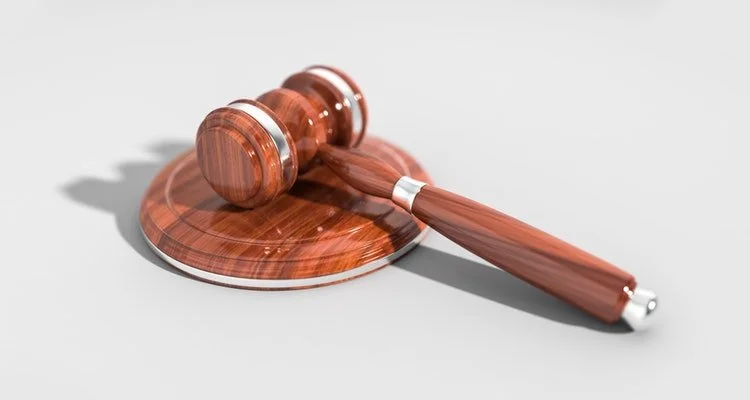How The Truth Is Getting Lost On Social Media
Remember when “the truth” seemed to be something immutable and uncontroversial? Those days are long over, especially on social media. On platforms like Facebook, there are so many voices competing for attention that truth has become something very malleable indeed. Thus, for today’s social media platforms, the real task ahead is restoring the currency of truth, making social media a place you go for facts and reality, not lies, half-truths and unreality.
The creation of a post-truth world
So how did we get here? If you listen to the voices in Washington (or, at least, the talking heads on the major cable TV networks), there is something bigger happening in the world: a global information war between the United States and other centers of power around the world (including, of course, Russia and China). At one time, the U.S. had a monopoly on information. But that’s not true anymore.These days, ISIS can use Twitter to send out recruiting messages that completely skirt the mainstream media. And if you buy into the whole Russian narrative, then sophisticated Russian bots are buying up ads all over Facebook and sending out messages on Twitter designed to confuse the American voter. It’s gotten to the point where Congressional leaders have forced Twitter to send out “warning messages” to users that they might have seen content produced by a Russian bot.
In search of the truth on social media
Obviously, cleaning up social media is a task that resides with the big social media platforms themselves, and not with government. And, to a limited extent, the big social networks have tried to clean things up. For example, Twitter has worked hard to remove hundreds of thousands of fake accounts. Facebook is clamping down on extremist content posted online. And YouTube is taking steps to delete videos that are obviously propaganda or filled with hate speech.On the surface, this might seem like an easy task. How hard, really, can it be to verify that an account is owned by a real person and not a bot? How hard is it to agree on what constitutes hateful and inflammatory content? Surely, rational people can agree on basic parameters here, right?
Free speech vs. censorship
However, there is a fine line between “cleaning things up” and censorship. In America, there is an expectation of free speech, and there will always be people who attempt to push the limit on what’s possible. Remember when TV used to be free of obscenity and graphic sexual content? Now, the cable news networks are filled with people using the word “shithole” every single night, while an average episode of “Game of Thrones” will likely contain a beheading, an orgy, and perhaps a scene of incest thrown in for good measure. See? It’s harder than you think to draw a line in the sand. You want to ban graphical sexual content? Well, goodbye “Game of Thrones.”Spend just 10 minutes on social media these days, and you’re almost certain to bump up against a conspiracy theory of some kind. The Republicans colluded with Russia! No, the Democrats colluded with Russia! On CNN, they are now seriously talking about “dueling memos.” That’s sort of crazy, if you think about it. We are no longer debating the facts, we are debating highly partisan interpretations of those facts. This is a very slippery slope. If this is how the “elites” are behaving, do we really expect any better from the average Facebook user?That’s the problem faced by the big social media platforms. We’re living in a post-truth world. Truth is turning out to be very gray, and not black or white. Maybe that’s the way it has always been, but the elites wanted us to believe so dearly that they could provide a clean, sanitized view of the world if we would just trust them with our dollars and our votes. It turns out the world – especially a globalized world – is a lot messier than we ever expected.


